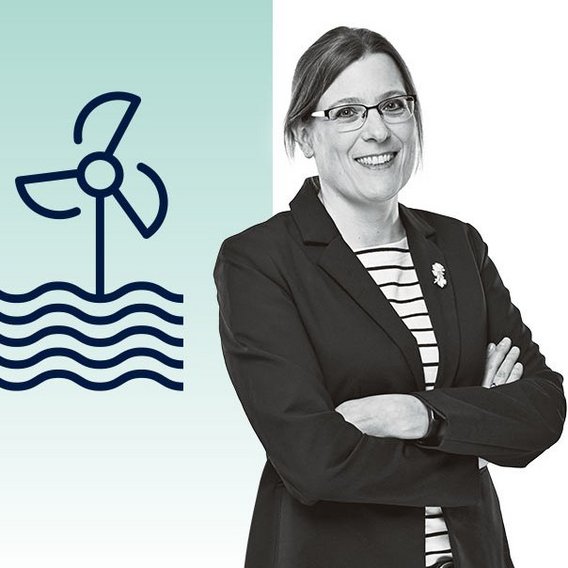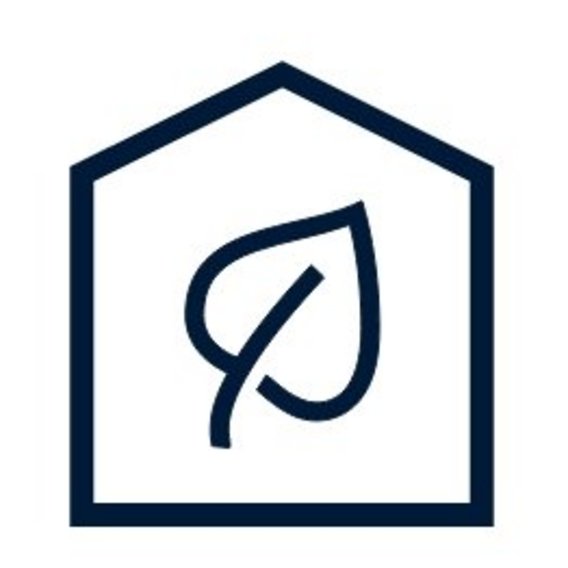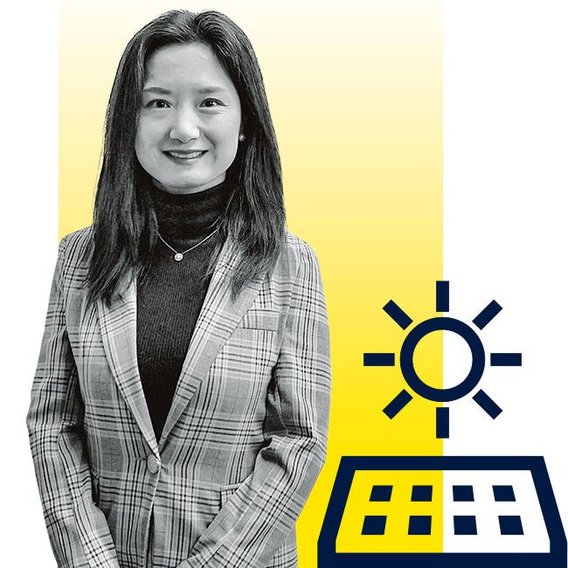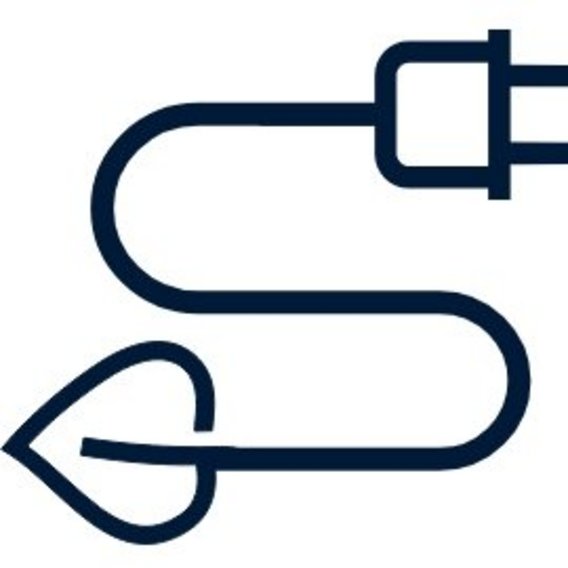
Dr. Britta Schacht: Solution-oriented support for the energy transition
Join us on an excursion to Hamburg, where Dr. Britta Schacht, Senior Vice President Certification Renewables, is responsible for all the certifications in the renewable energy sector carried out in the TÜV NORD GROUP, by far the biggest share of which is accounted for by wind energy.
Britta Schacht’s division employs 85 members of staff, divided into five teams, whose job it is to evaluate all the technical aspects of the plants, which as of very recently include the world’s largest wind turbine, designed by Siemens Gamesa. “Our clients generally come to us at an early stage of their project development,” she says. “Our job is to evaluate whether the engineers’ assumptions and calculations are correct.” Just how complex these certifications are is shown by the huge volumes of data that are accumulated in the process. “Load assumption calculations, for instance, which have to do with the external forces operating on the plant, are often so vast in scope that they can’t be transmitted via the Internet but have to be sent to us on a hard drive.”


